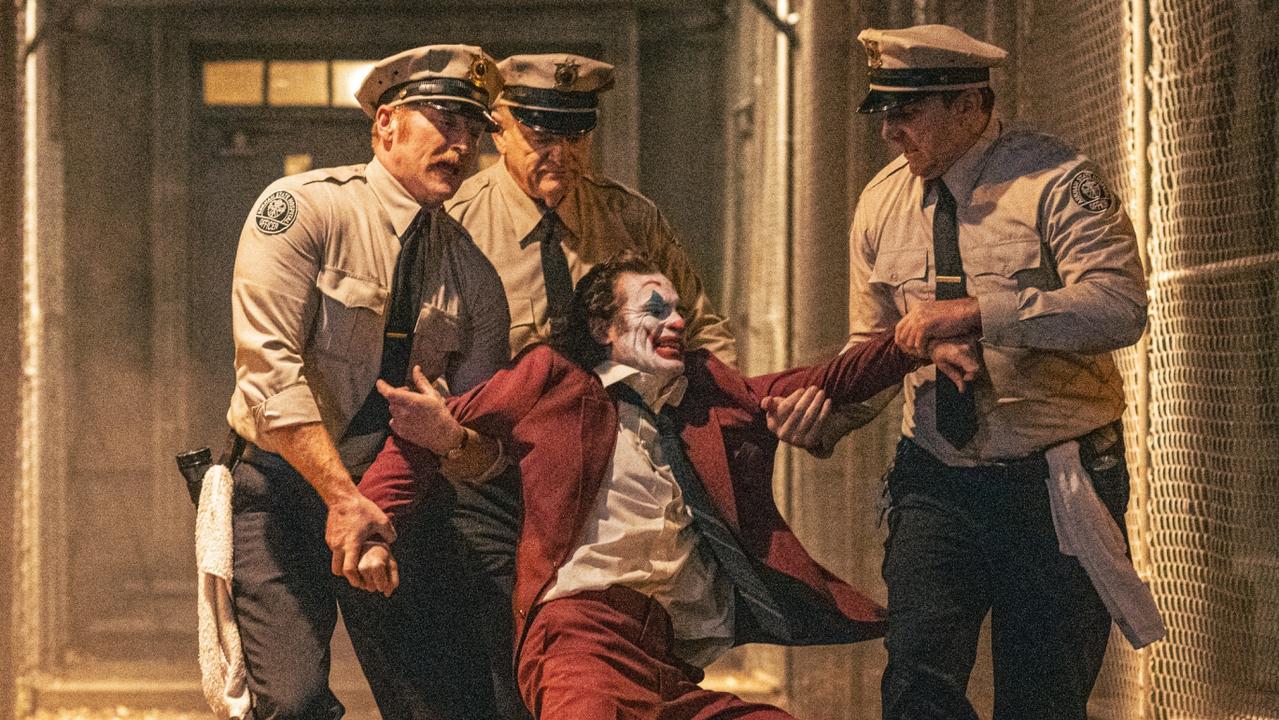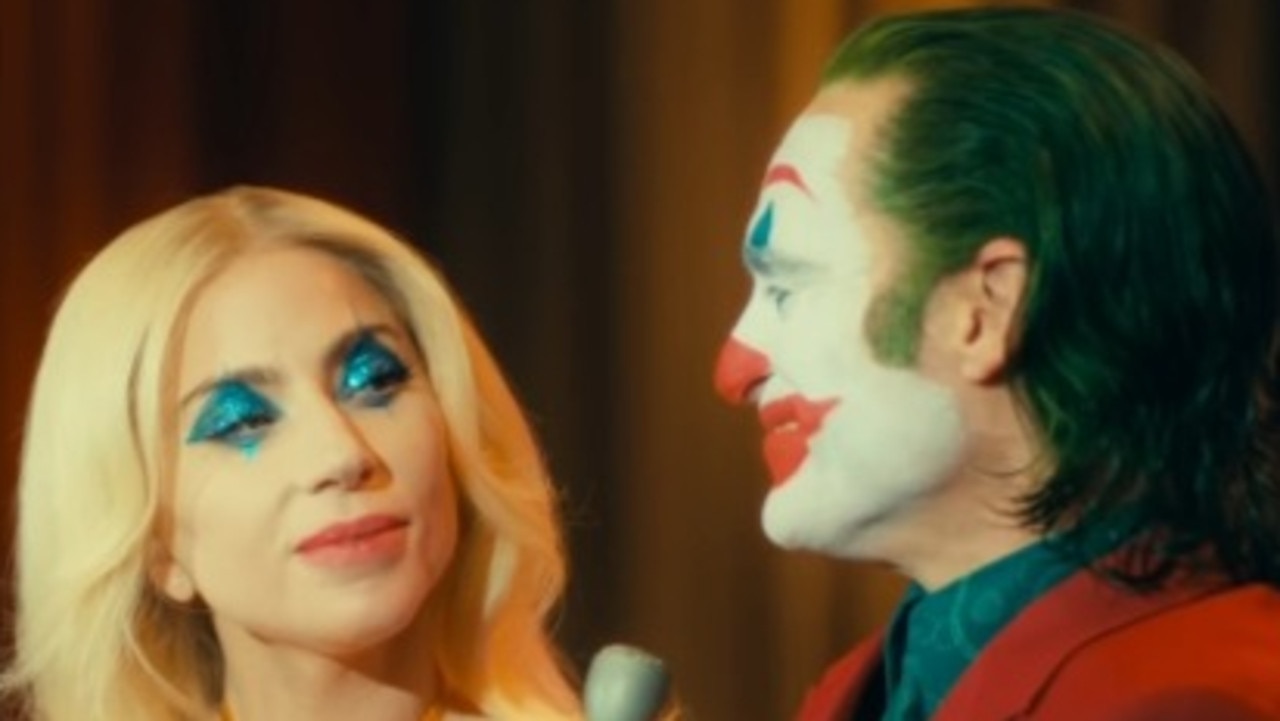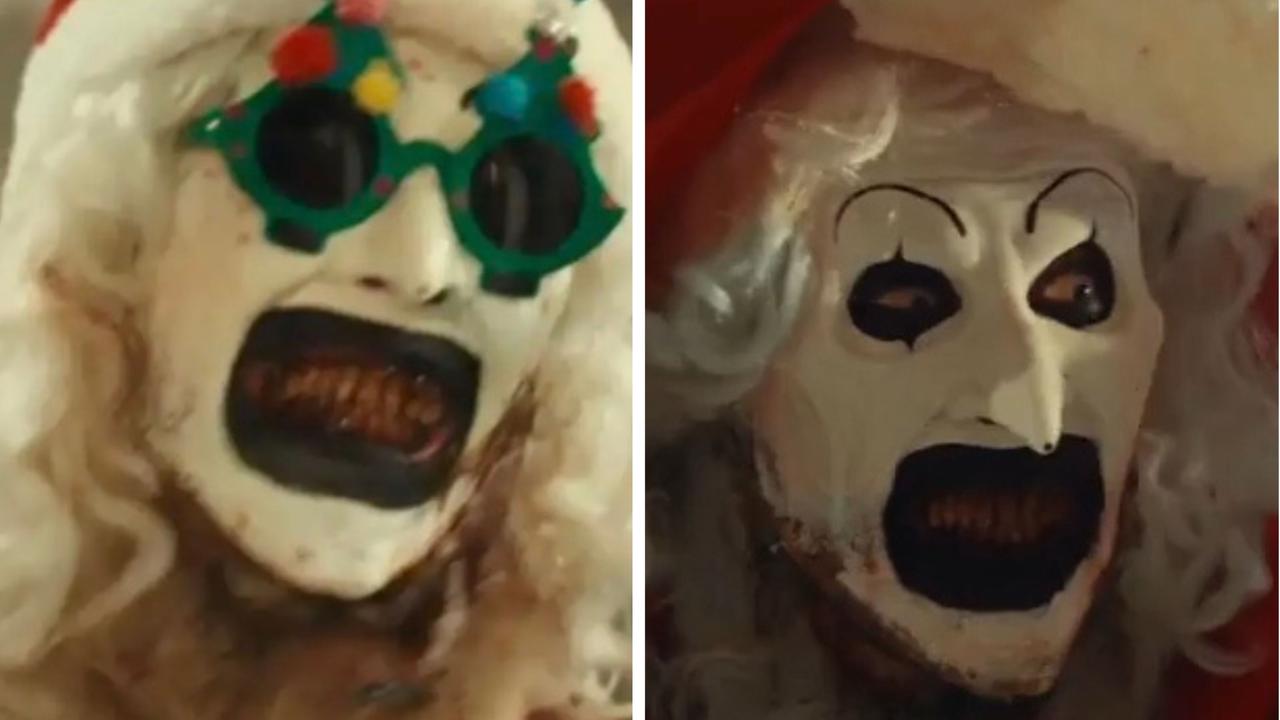The 10 minutes of TV that shocked, and changed, Australia
Fifty years ago, millions of Australians sat down to watch tea time television. What they saw that evening would enrage scores of viewers – and change the country.
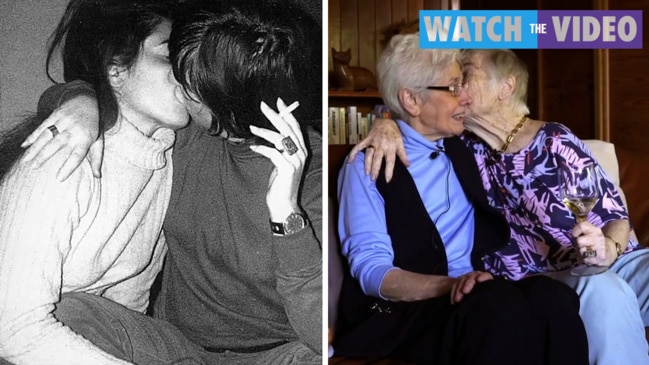
When millions of Australians sat down in front of the television one spring night in 1970 they could have hardly imagined what they were about to witness.
It was just 10-15 minutes of television but it had never been seen before. It was an interview that would change Australia.
For Phyllis Papps and Francesca Curtis, who were the subject of that interview, the shockwaves from the program still ricochet today.
The reaction to their TV debut was “shock” and “horror,” Ms Papps told news.com.au.
“In hindsight, I think we were set up to create a stir and titillate the TV viewers.”
Nonetheless, the on-air grilling Ms Papps and Ms Curtis received was groundbreaking. The pair were the first lesbian couple ever to be interviewed on Australian television. Later in the same program, the first lesbian kiss would be aired.
“It was daunting. But I still believe we were doing it for the right reason – acceptance,” Ms Papps said.
The interview appeared on ABC TV’s This Day Tonight, a peak-hour current affairs program in the slot now inhabited by 7.30. Running for more than a decade, it was Australia’s first nightly current affairs show and enormously influential.
RELATED: Sydney Mardi Gras parade moved to Sydney Cricket Ground
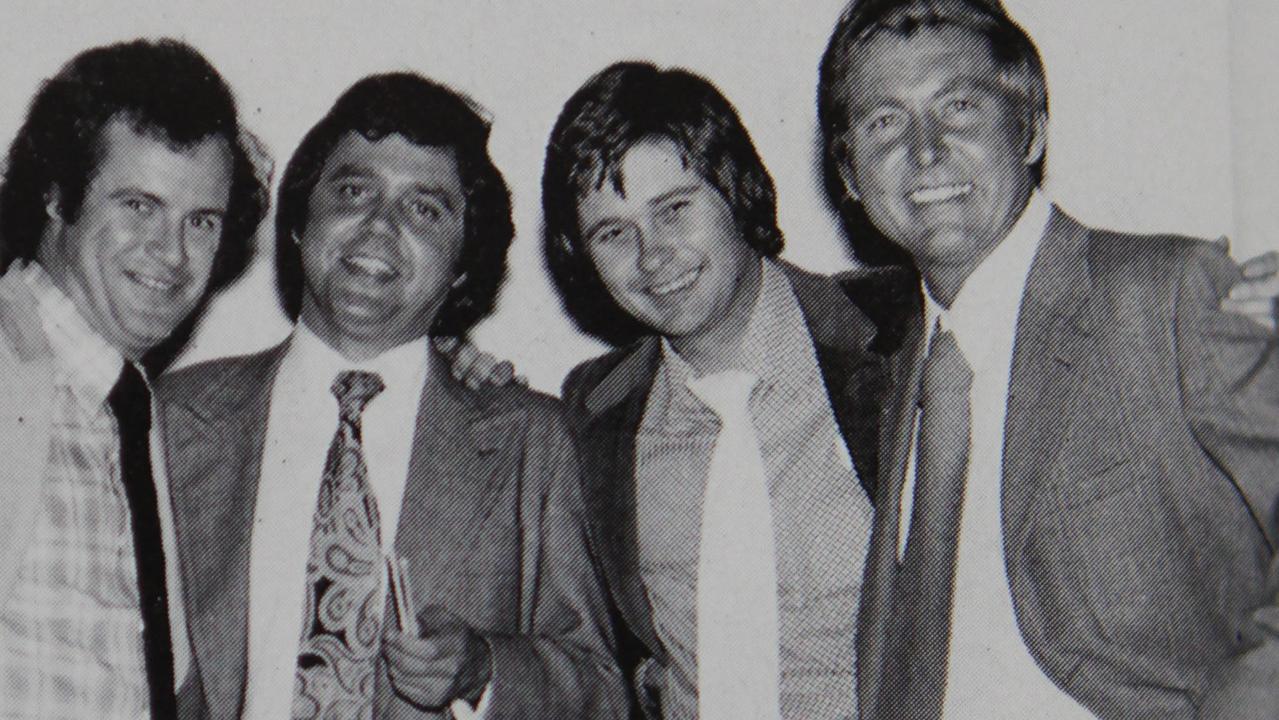
Regular host Bill Peach was away and stand-in Peter Couchman decided he wanted to interview a number of gay women about their lives. Lesbians had rarely, if ever, been seen on Australia TV screens.
“When Bill Peach came back from overseas had said he would never have filmed it,” said Ms Curtis.
“Apparently one of the staff members was sacked for being involved.”
The story behind how the pair became the first lesbian couple on Australian TV is explored in the documentary Why Did She Have To Tell The World?
The short film will be shown on Wednesday as part of the “My Queer Career” segment of Sydney’s QueerScreen Mardi Gras film festival.
“This documentary holds up a mirror to one of the greatest social shifts in Australia through the lens of an intimate fifty-year relationship” said writer and director Abbie Pobjoy.
“I made the film to illustrate change, remembrance, the ongoing fight for equality, but most importantly, the power of acceptance.”
Unlike male homosexuality, lesbianism has never been illegal in Australia. So the story goes, that was because Queen Victoria simply couldn’t fathom the reality of two women being in love.
That’s likely more legend than reality. But 1970s Australia was not an easy place to be gay for anyone, regardless of sex.
“This was shown in October 1970. Homosexuality was illegal, lesbians were invisible and everything was underground,” said Ms Curtis.
RELATED: Mardi Gras Film Festival – the choreographers behind sex scenes
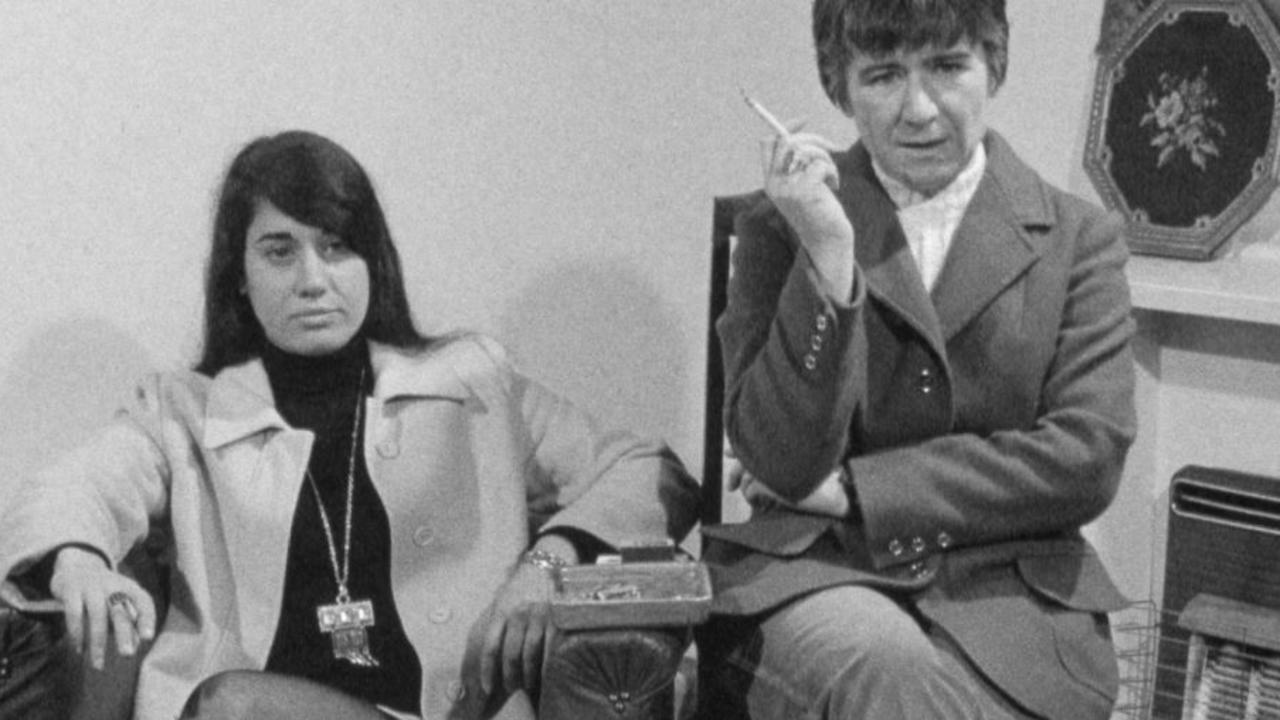
‘HIGHLY INTRUSIVE’
This Day Tonight approached the pair, who had met earlier that year and had become a couple just months prior to the filming. Fifty-one years later, the pair are still together.
Scores of other women had turned down the ABC’s advances.
“They had not ‘come out’ to their family, friends and work colleagues. They were in the closet and were afraid of the consequences,” said Ms Curtis.
At the time the pair held senior positions in campaign group the Australasian Lesbian Movement (ALM) which was the successor of the Melbourne wing of the Daughters of Bilitis, Australia’s first gay rights group.
As figureheads in the group, they felt best placed to front the cameras.
In the segment most of the filming is done from behind the heads of the group’s other members – a sign of how fearful most were to be identified as lesbians.
But the couple were front and centre. The interview took place in the living room, with Ms Papps and Ms Curtis sitting on mismatched chairs, both smoking, as the reporter asked them about their lives.
Some of the narration in the piece, of “lesbian tendencies” and that “many women are revolted by it” seem somewhat archaic now. As do some of the questions, such as “why did you never get along with any men?”
“Francesca and I had no idea what questions Peter Couchman would ask. Some were highly intrusive,” said Ms Papps.
“We felt he was deliberately trying to provoke us into revealing our sex lives.”
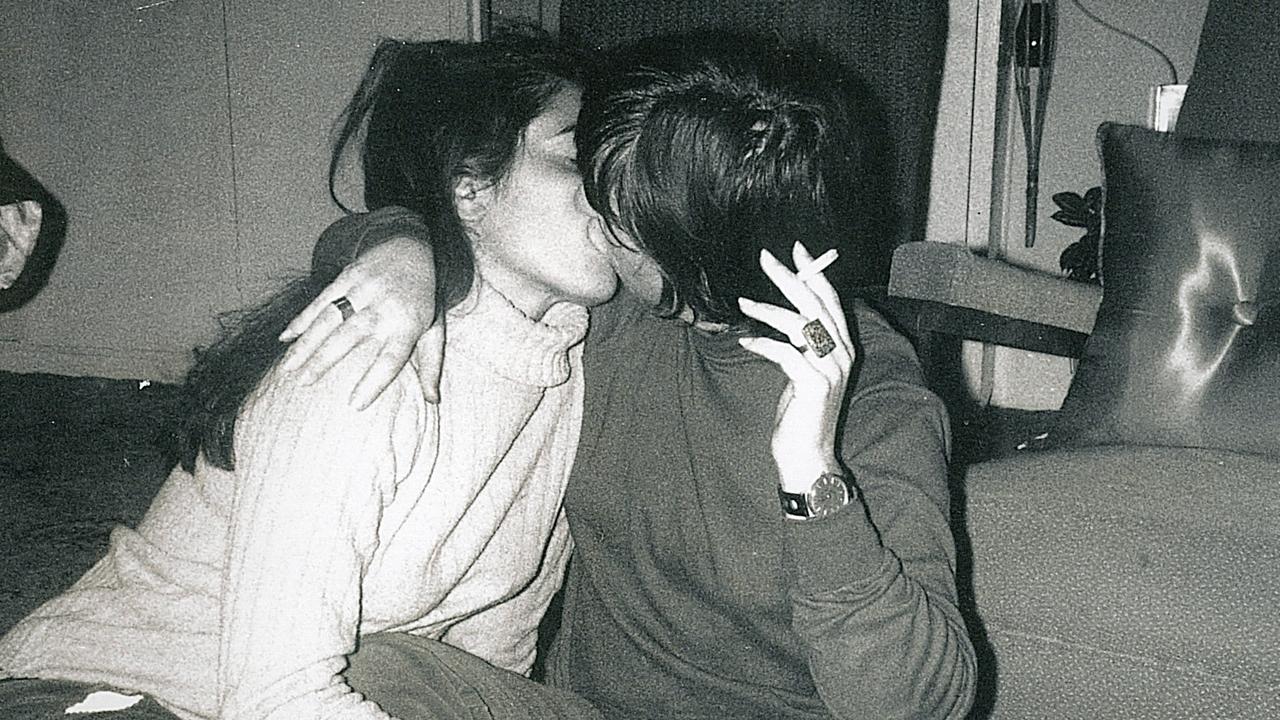
WOMAN NEXT DOOR TOLD PARENTS
Another couple, Barbara Whittle and her partner Enika, were also interviewed on the program and kissed in front of the camera, a first on Australian TV. That kiss and Ms Curtis’ and Ms Papps’ undoubtedly led to many mutters and sharp intakes of breath in Australian living rooms at the time.
Ms Whittle is referred to on the program as a “housewife” who is “married to a women”.
“I think one day it will be so accepted, it won’t even be thought about if you’re lesbian or not,” she said.
“It’ll be a few years yet (but) it’s no pipe dream.”
Ms Papps said her TV experience was “OK,” but with no practice in dealing with the media, the pair felt rushed to answer the questions and worried they didn’t answer them in the best way they could.
The fallout from the interview was swift, according to Ms Curtis.
“The woman next door came in and told my parents I was on TV. My Dad said, ‘Did she have to tell the world?’” That is where the title of the documentary came from.
With This Day Tonight’s popularity, word soon got out.
“It spread everywhere. The feedback I received was shock and horror (from the general public).
However, it also gave the movement a huge boost.
“But it was important for ALM because our membership started increasing and, in our flat, lesbians could finally be somewhere they could go and meet other lesbians and feel safe to be themselves, share their company and discuss issues of importance.”
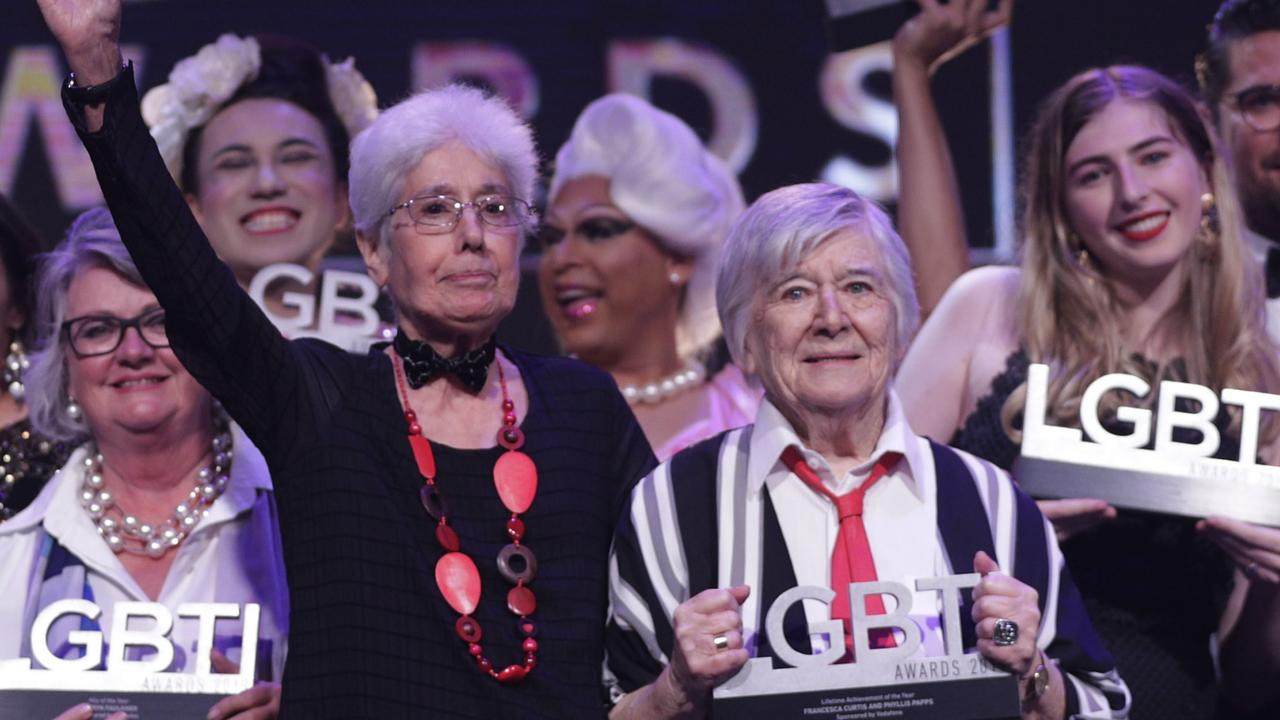
Three years later, in October 1973, the House of Representatives would vote to decriminalise homosexual acts. But it had little effect as the laws around homosexuality were a state matter.
South Australia decriminalised male homosexuality in 1975 but it would take until 1997 for Tasmania to do the same. The law changes had no direct legal effect on gay women, but there were nonetheless milestones into breaking down barriers and prejudice that all LGBTI people faced.
One of those early milestones was the couple’s landmark interview in 1970.
In 2019, the couple won the lifetime achievement accolade at the Australian LGBTI Awards for their work in helping other lesbians.
But Ms Papps is modest as to the interview’s achievements.
“I’ll leave it up to the researchers to work out if it was an important moment.”
Why Did She Have to Tell the World? will be shown as part of the ‘My Queer Career’ package of short films on Wednesday, March 3 at the Ritz Randwick cinema, Sydney. For tickets head to the QueerScreen website.


